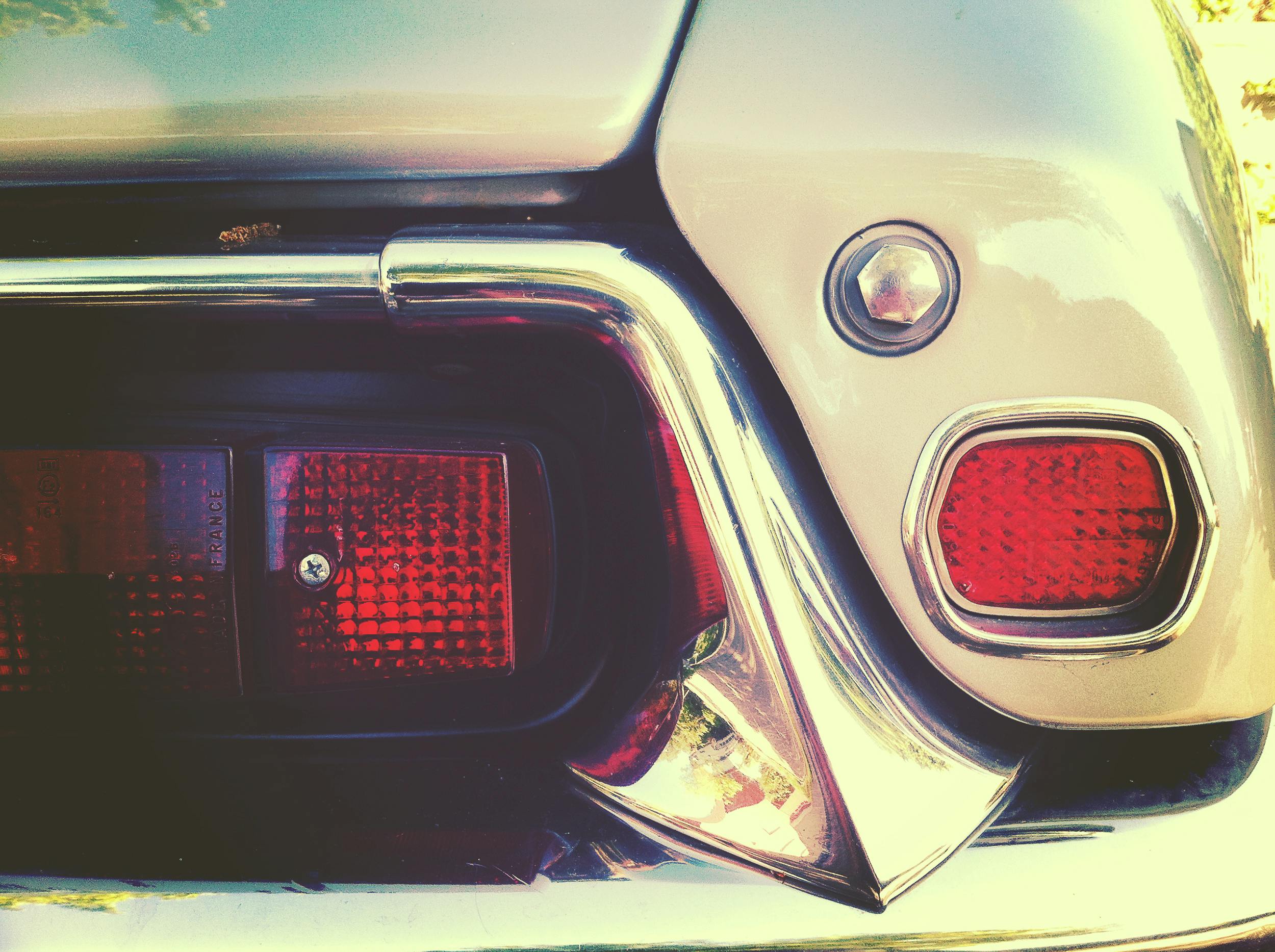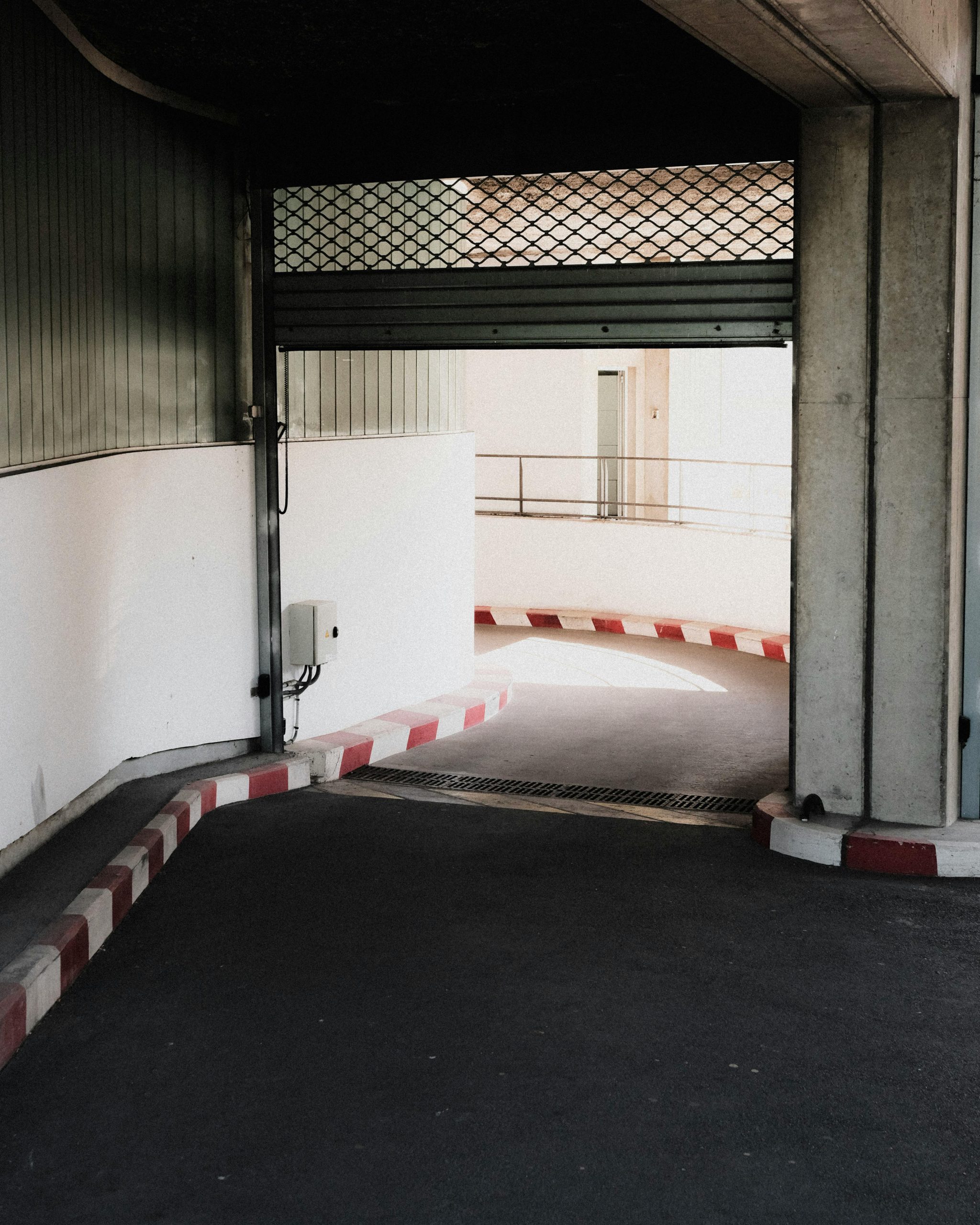Title: Navigating Vehicle Incidents in Your Private Driveway: Insurance and Liability Considerations
When unexpected car accidents happen on private property, especially in your own driveway, it can lead to complex questions about liability, insurance coverage, and liabilities. Recently, a situation unfolded involving two parked vehicles that results in valuable lessons for vehicle owners and homeowners alike.
Imagine this scenario: A 2017 Ford Expedition, fully paid off and maintained in good condition, is parked securely in your driveway. Meanwhile, a family member’s 20-year-old son arrives in his vintage 1974 Ford F100 pickup truck—still registered and insured but a work-in-progress project vehicle. While the young man steps out of his truck and closes the door, the truck unexpectedly rolls backward, striking the front corner of the Expedition.
Despite being off the vehicle, the young driver was out of his truck at the time of the incident. The damage to the Expedition includes a flat tire, front bumper, headlight, and potentially more extensive suspension damage, especially considering the vehicle’s aftermarket modifications.
This situation raises important questions:
- Who is liable when a vehicle not in motion causes damage on private property?
- Does homeowner’s insurance cover such incidents involving parked vehicles?
- Should the vehicle owner file an auto insurance claim or a homeowner’s claim?
Liability and Insurance Considerations
In most cases, the vehicle owner’s auto insurance policy is the primary coverage for damage caused by or to the vehicle—even if the car was parked. However, since the young man’s vehicle is insured, the situation might be straightforward, provided the insurance providers recognize the incident as a vehicle-related claim. Given that the driver was out of the vehicle, some may argue that it was not actively in operation, but liability often extends to the vehicle owner and the driver at the time.
If you have comprehensive or collision coverage, your insurance can typically handle repairs, less the deductible. In this case, a $1,000 deductible was in place, and damages to the Expedition are estimated to surpass that, given the extent of repairs needed. Meanwhile, the other vehicle suffered only minor scratches.
Long-term Financial Impacts
The question of whether to file through auto or homeowner’s insurance can influence your future premiums, especially considering your history—this would be the third at-fault incident for the young driver since age 16. Careful consideration of the financial implications is crucial, especially in light of past claims on your own



